Rajshahi, Sept 2 (V7N) – The Rajshahi Regional Passport Office remains mired in systemic irregularities, corruption, and the unchecked influence of brokers, despite the rotation of senior officials. The appointment of a new Deputy Director has brought little change, as public complaints regarding long queues, slow processing, and illicit preferential treatment through brokers continue to mount.
Applicants frequently report that while ordinary citizens wait in long lines for hours, those who pay large sums through brokers receive expedited service. These broker-assisted files are often delivered directly to the Deputy Director’s office on the second floor, bypassing regular procedures. Once signed, the files are fast-tracked by the Assistant Director, who enters the data into the system. Within hours, photographs are taken, and the application process is completed—something that takes days or even weeks for regular applicants.
The situation appears to be a continuation of previous practices. During the tenure of former Deputy Director Rozi Khandaker, allegations of corruption triggered protests from civil society groups in Rajshahi. Although she was later transferred, the system of irregularities remained firmly in place. The current Deputy Director, Abu Noman Mohammad Zakir, now faces similar allegations of facilitating or ignoring such practices.
Victims allege that without broker involvement, officials routinely find ‘errors’ in application files, causing repeated delays. In contrast, broker-handled files often receive immediate approval without scrutiny. These daily operations reportedly generate thousands of taka, allegedly distributed among internal staff and officials within the office.
Further complaints highlight that staff assigned to accept files on the ground floor are frequently absent from their desks, resulting in excessive waiting times and chaos for ordinary citizens. The lack of discipline and accountability among front-line staff exacerbates the inefficiency of the entire office.
Sources within the office suggest that such a well-organized system of corruption could not survive without internal complicity and a robust broker network. They cite inadequate manpower, limited photo-capturing facilities, and the absence of a transparent workflow as factors that contribute to the growing crisis.
Citizens and rights activists are calling for an independent investigation into the operations of the Rajshahi Passport Office. Their demands include strict legal action against brokers, disciplinary measures against complicit officials, and urgent structural reforms within the office. Increasing staff numbers and upgrading equipment have also been identified as necessary steps to restore trust in the system.
Repeated attempts to contact Deputy Director Abu Noman Mohammad Zakir by phone were unsuccessful, as he did not respond to multiple calls for comment.
Until concrete action is taken, many fear that only the names at the top will change, while the old pattern of corruption and exploitation remains intact—leaving ordinary applicants to suffer in silence.
END/MRA/SMA/



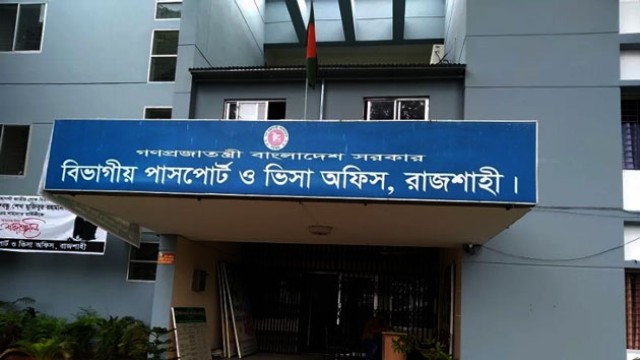
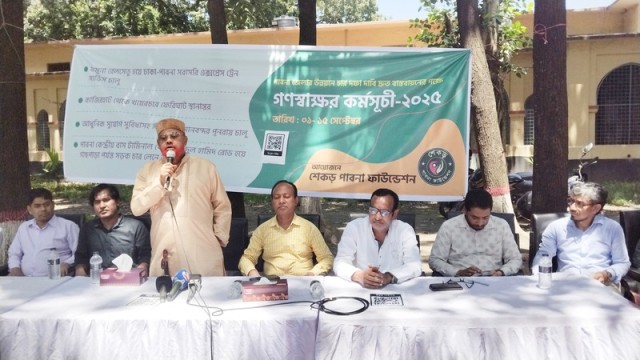

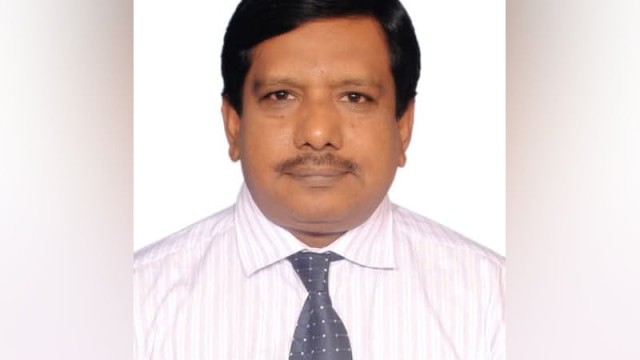
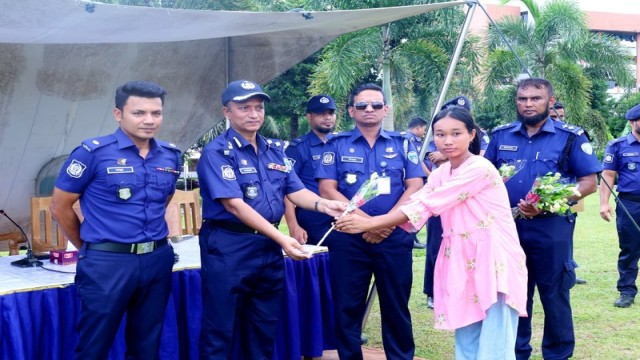
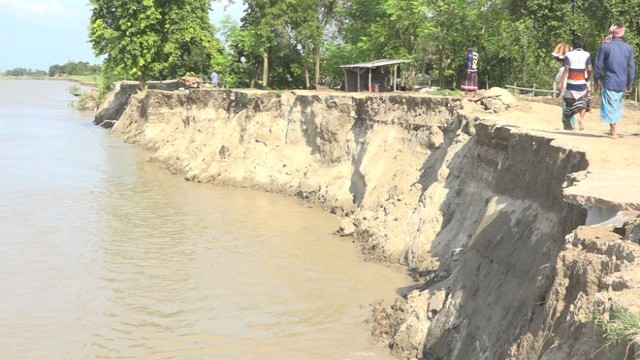
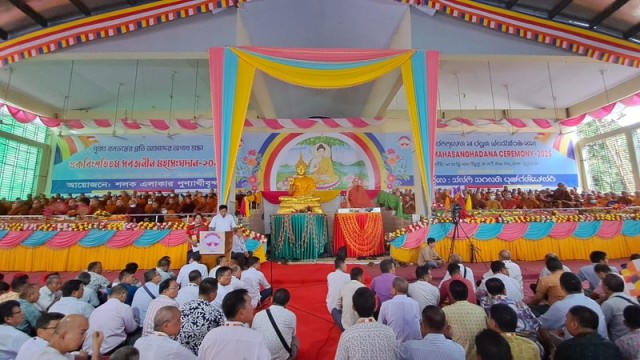
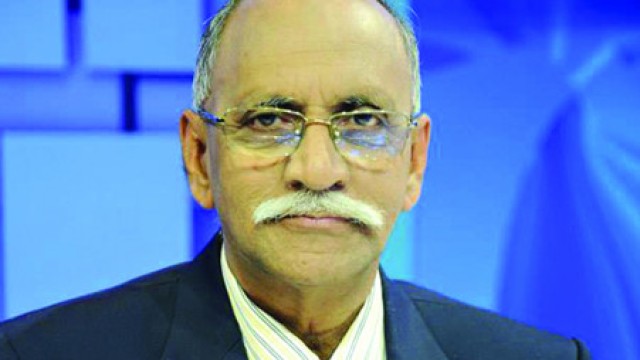
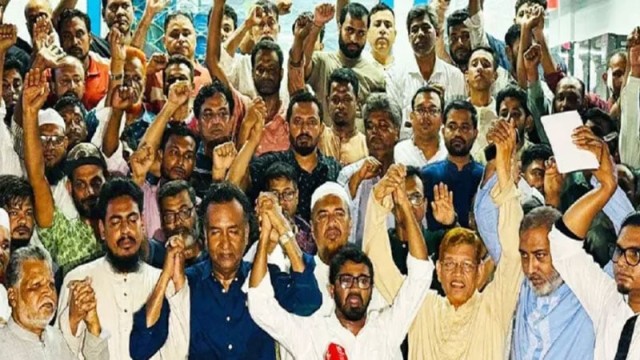


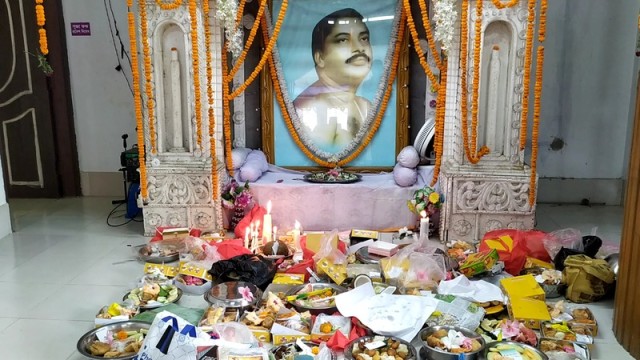

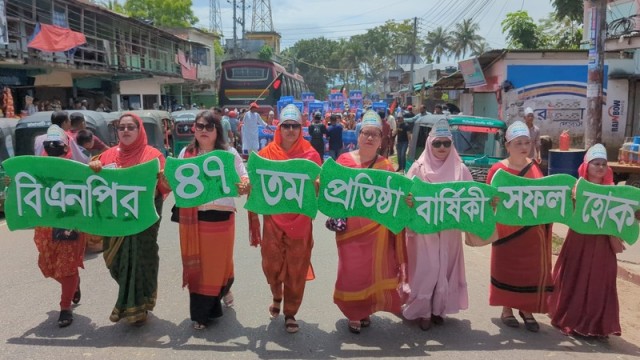
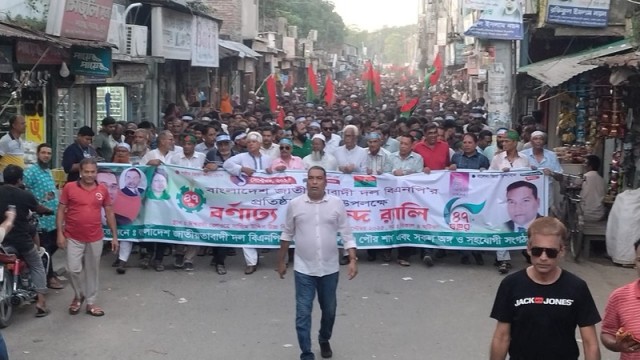

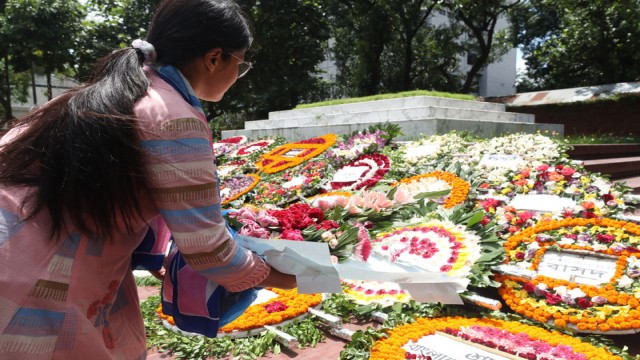
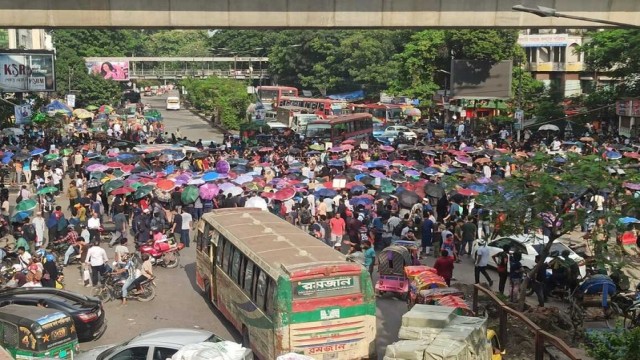


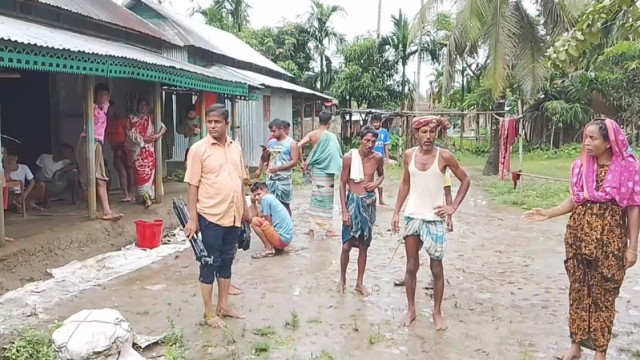


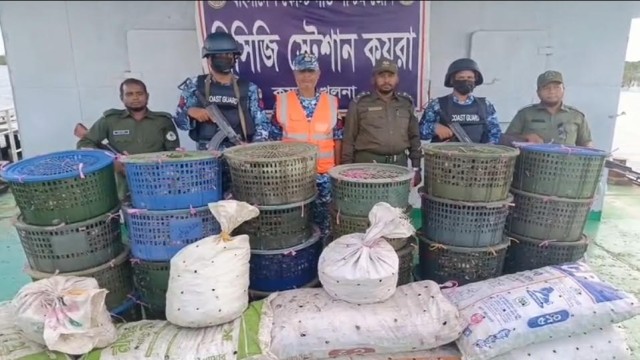
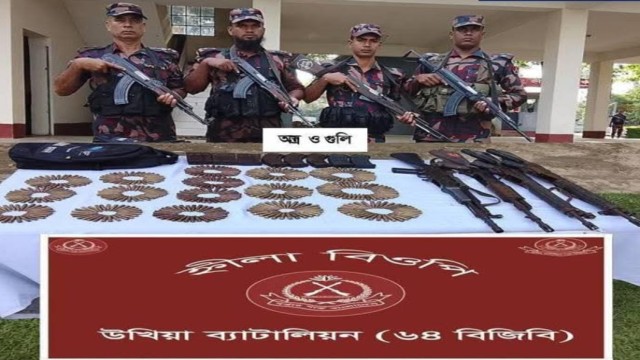

Comment: